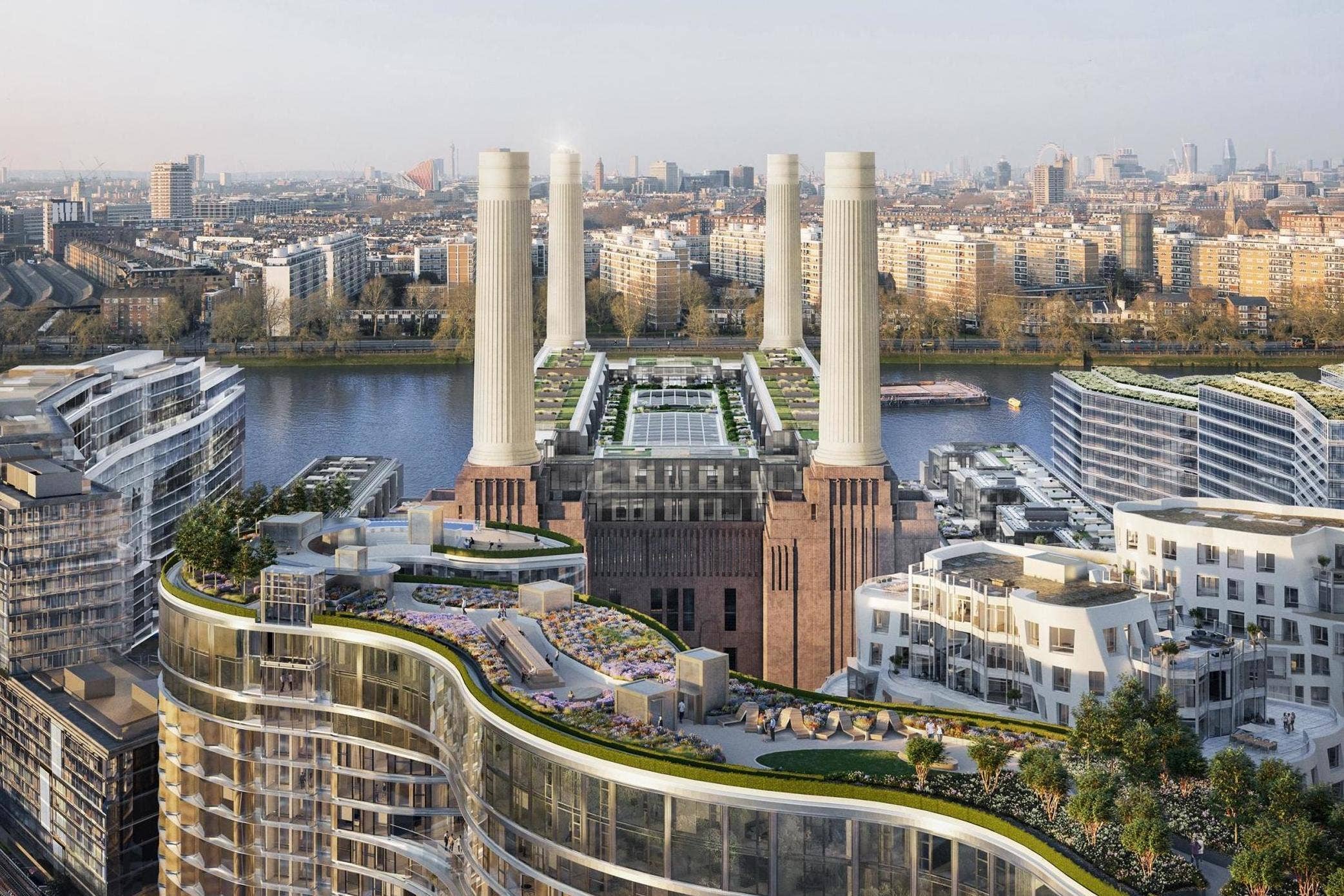Across the UK today, many local communities are facing economic decline, population loss and poor infrastructure from decades of underinvestment. This article delves into responsible development and regeneration as the path forward, building thriving areas to sustain current and future generations.
- Technology
Permanent vs Contract Construction Hiring in the UK: What’s Best in...

 Technology Jobs
Technology Jobs Construction & Engineering Jobs
Construction & Engineering Jobs
















 Phone:
Phone:  Find us:
Find us: 